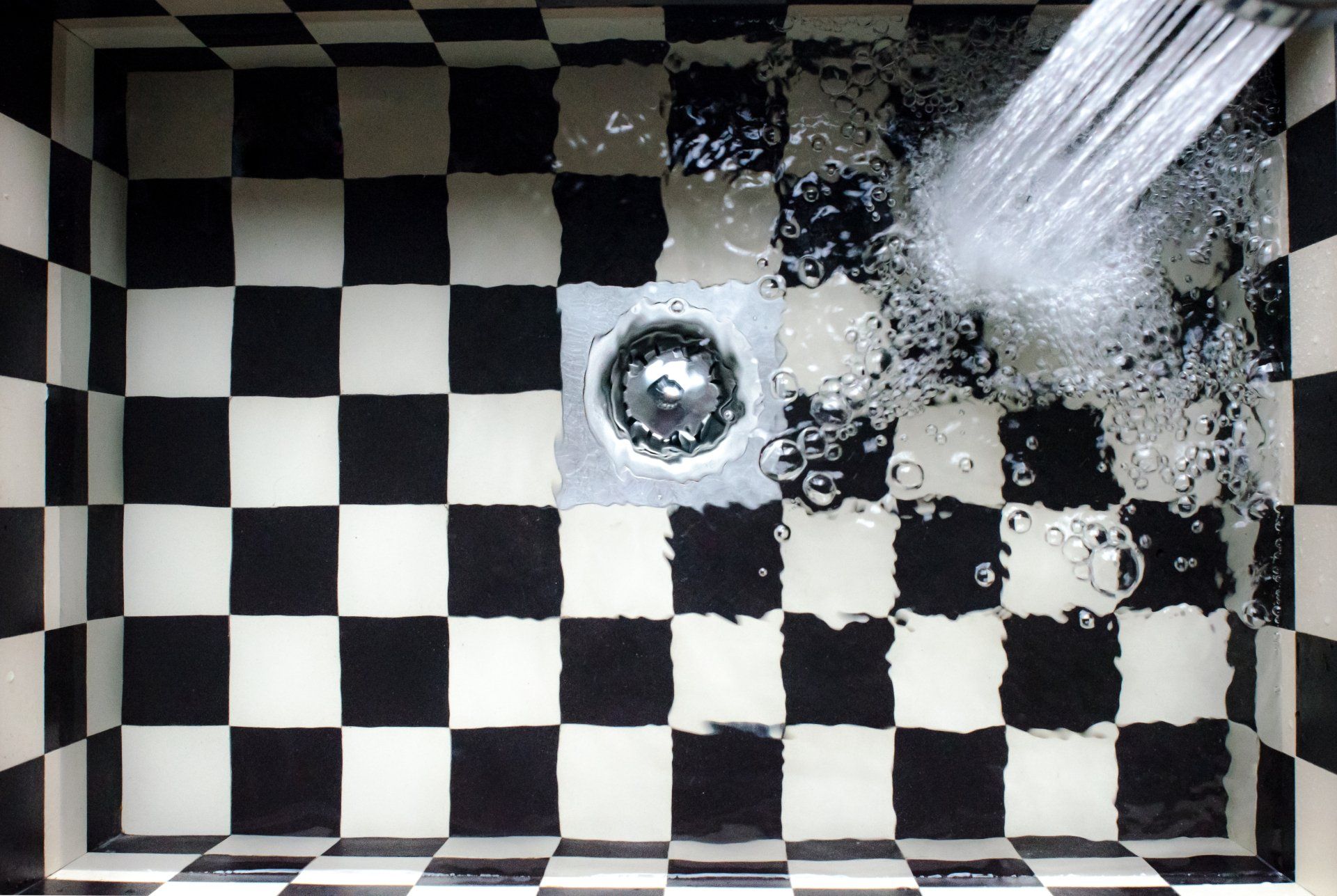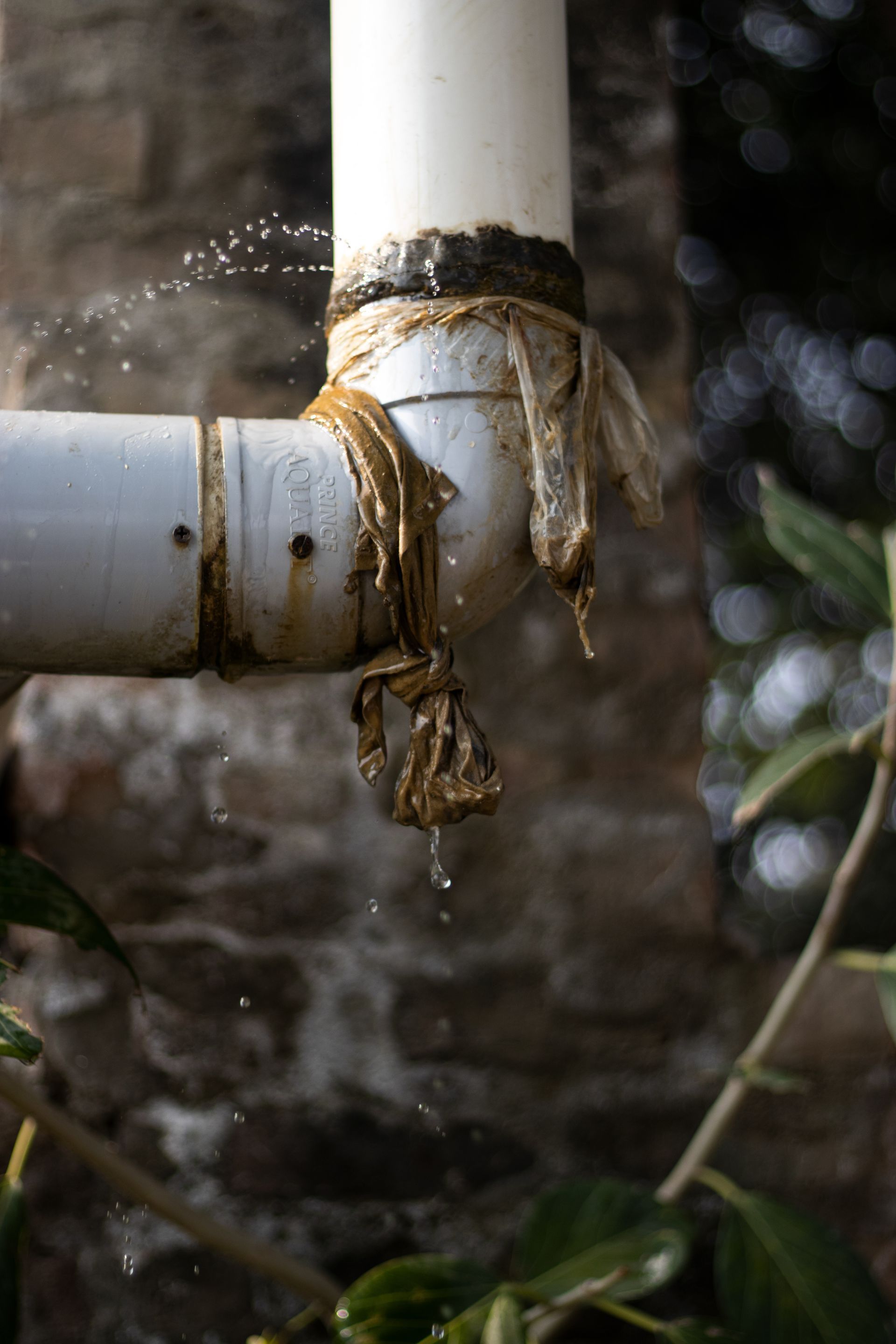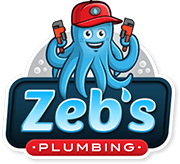Frequent Clogs: When to Call a Professional Plumber

Dealing with frequent clogs in your drains or toilets can be frustrating and inconvenient. While it's tempting to reach for a plunger or chemical drain cleaner to resolve the issue temporarily, persistent clogs may indicate underlying problems within your plumbing system that require professional attention.
Here's why you should consider calling a professional plumber when faced with frequent clogs:
- Identifying the Root Cause: While DIY methods like plunging or using drain cleaners can provide temporary relief, they often fail to address the underlying cause of the clog. A professional plumber has the expertise and tools to conduct a thorough inspection of your plumbing system, identify the root cause of the clogs, and implement effective solutions to prevent future blockages.
- Preventing Further Damage: Frequent clogs can put undue stress on your plumbing system, leading to pipe damage, leaks, or even sewer backups if left unaddressed. A professional plumber can assess the extent of the problem and take proactive measures to prevent further damage to your pipes and fixtures.
- Safe and Effective Solutions: Chemical drain cleaners can be harsh on your pipes and may cause more harm than good, especially if used repeatedly. A professional plumber can recommend safe and effective solutions for clearing clogs without causing damage to your plumbing system. From hydro-jetting to drain snaking, they have the tools and expertise to tackle even the most stubborn clogs.
- Addressing Hidden Issues: Sometimes, frequent clogs may be a symptom of more significant plumbing issues, such as tree root intrusion, pipe misalignment, or sewer line damage. These hidden issues can go unnoticed without a professional inspection, leading to costly repairs down the line. A plumber can detect and address these underlying problems before they escalate into major plumbing emergencies.
- Maintaining Hygiene and Safety: Clogged drains and toilets not only disrupt your daily routine but can also pose health hazards due to bacterial growth and foul odors. A professional plumber can quickly and effectively clear clogs, restoring proper drainage and maintaining a hygienic environment in your home.
- Long-Term Cost Savings: While DIY solutions may seem cost-effective initially, they often fail to provide long-term solutions to persistent clogs. By investing in professional plumbing services, you can avoid recurring clogs and costly repairs in the future, saving you time, money, and frustration in the long run.
Don't let frequent clogs disrupt your life or compromise the integrity of your plumbing system. Contact Zeb's Plumbing today to schedule a professional inspection and get to the root of your plumbing issues. Our team of experienced plumbers is here to provide reliable solutions and keep your plumbing system running smoothly.


Apple valley, Hesperia, Victorville, Lucerne valley, Adelanto, silver lakes, Hallandale, Phelan and more!
All Rights Reserved | Zebs Plumbing Inc


